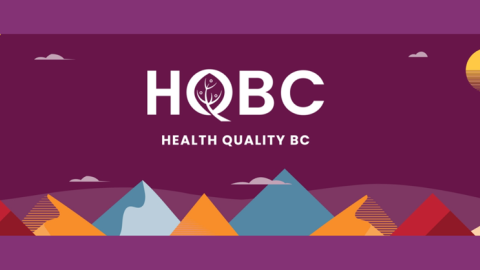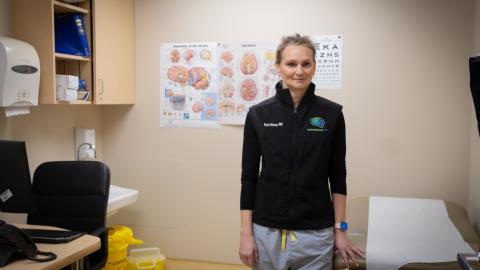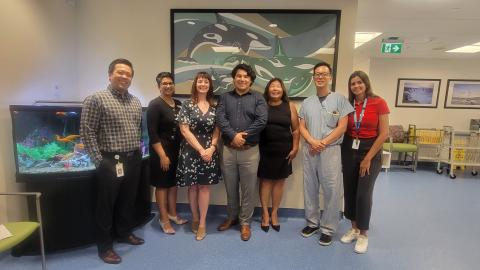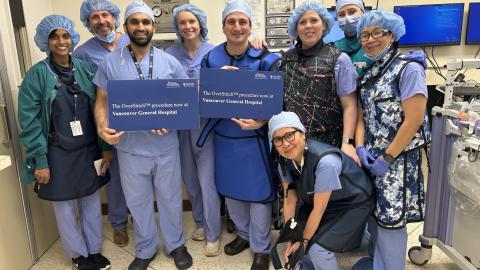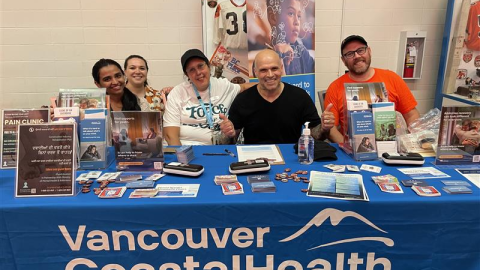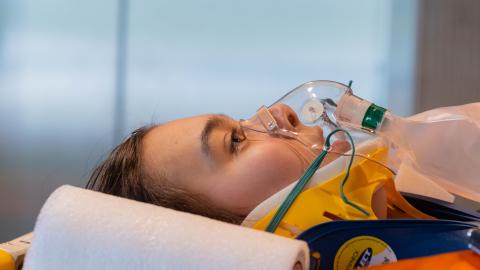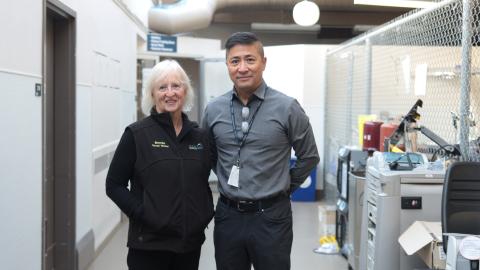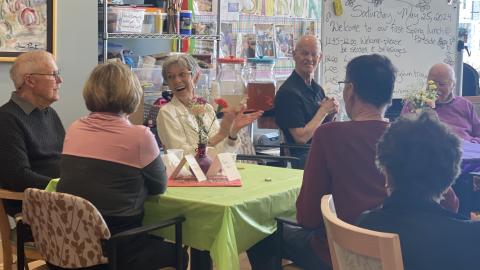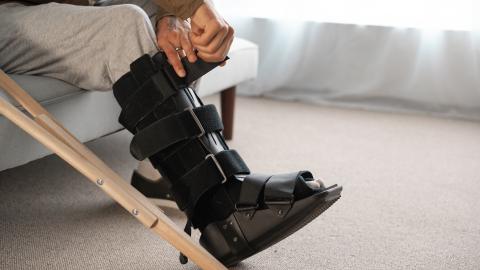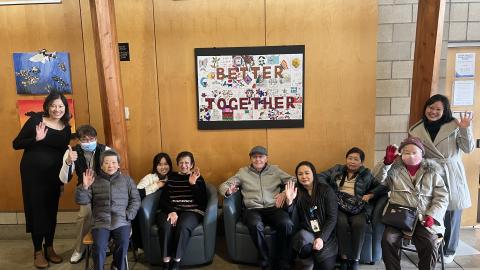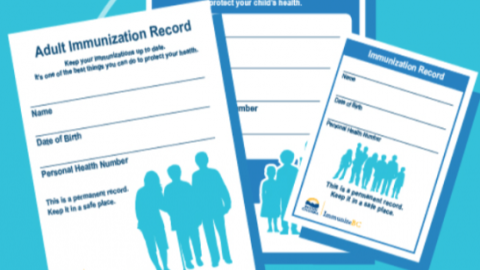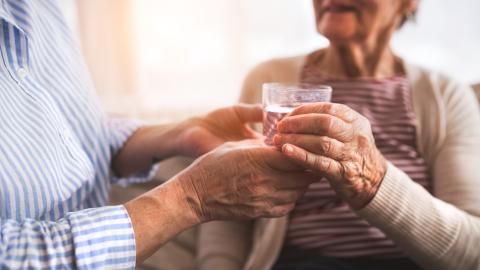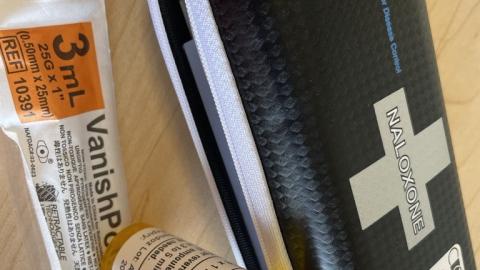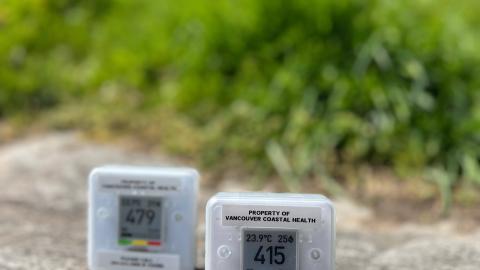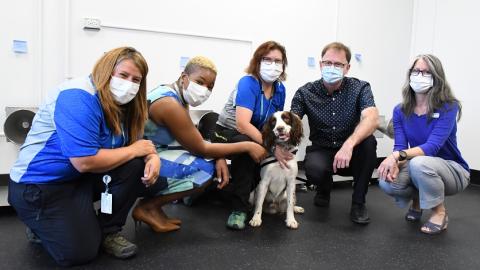Information bulletin
New guidelines set to revolutionize treatment of opioid addiction
Vancouver, BC – Vancouver Coastal Health has developed and is implementing a first-of-its-kind guideline for the treatment of opioid addiction.
The guidelines are aimed at improving physicians’ knowledge of the various medical and psychosocial treatments available for opioid addiction in the face of recognized challenges with the current methadone program and the growing problem of opioid overdoses attributable to fentanyl and other illicit and prescription opioids.
According to Dr. Evan Wood, medical director of community addiction services at VCH, opioid use disorder is one of the most challenging forms of addiction facing the health care system in British Columbia.
“There’s a strong need for evidence-based guidelines to educate physicians and other health professionals about the full range of treatment options for individuals with opioid addiction,” Dr. Wood explains. “In recent years, science has enabled us to expand the options beyond just methadone to look at safer and more effective ways of treating the diversity of types of opioid addiction.”
The guidelines support a $3-million investment announced by the Government of BC in August 2014 which is supporting Dr. Wood’s team to harness new ways to treat substance dependence. The funding has set the stage for the establishment of a Network for Excellence in Substance Dependence and Related Harms. This Canadian model will focus on integrating medical education, scientific research and clinical care to reduce the health and social harms of untreated addiction. As part of this work, the Province, in partnership with regional health authorities, will examine how to expand the guidelines to other regions of the province.
“B.C.’s opioid substitution treatment system has been shown to reduce mortality and morbidity, and to be cost-saving to society,” said Health Minister Terry Lake. “Equipping doctors with the knowledge of treatments available will help them provide a major stepping stone to their patients recovering from opioid addiction.”
Pender Island resident Leslie Mcbain knows about the reality of opioid addiction all too well. Her son Jordan died in February 2014; although he was found with many drugs in his system, he had been addicted to oxycodone.
“At the time we couldn’t access medications like Suboxone or Naltrexone, and really felt we had nowhere to turn,” Leslie explains. “Living in a rural area, the doctors didn’t seem to understand the type of treatment Jordan needed and how comprehensive it should have been for him to successfully overcome his addiction. We were even willing to go to Washington and pay huge amounts of money to access Suboxone, just so he could get some help.”
Although Jordan eventually attended a short-stay detox program on Vancouver Island, following his release he was unable to access counselling and additional help from physicians while he struggled to stay clean. Within two months he was back to buying drugs on the street.
“I am extremely supportive of these guidelines because they’re comprehensive and aim to educate physicians and the public about how to overcome opioid addiction,” Leslie says. “If our doctor had guidelines like these and if we had access to the treatments Jordan needed, maybe things would be different for my family today.”
The guideline, developed by VCH, Providence Health Care and representatives from the Ministry of Health, was peer reviewed by patient groups and local and international experts in the field. It supports a diverse array of possible treatments, recognizing that different approaches are necessary for different patients and circumstances. These include using buprenorphine/naloxone (also known as Suboxone) as a preferred first-line treatment, since buprenorphine is six times safer than methadone in terms of overdose risk and has a safer side effect profile. The guideline also recognizes that most individuals will benefit from the ability to move between treatments, and highlights the role of support recovery programs.
From Grief to Action, an association of families and friends dealing with addiction, is supportive of the new guidelines and the work of Dr. Wood and his team. “We particularly agree with the recommendation that detox is not completed without any follow-up treatment,” says Nichola Hall, founder of From Grief to Action. “We also consider it is very important for psychosocial supports to be offered in conjunction with pharmacological treatment, especially for youth.”
Hall adds that for many years families have been advocating for the number of doctors who can prescribe methadone and suboxone to be increased, and for primary care doctors to be educated regarding addiction issues. “We’re very grateful for the work being done by VCH and Providence Health Care in this area,” Hall says.
Laura Shaver from the BC Association of Persons on Methadone also expressed the group’s support. “As consumers, we would like to be involved in all aspects of the methadone maintenance program, including decision-making. Having choices for treatment is an excellent place to start, because everybody is different and that’s how we need to be treated,” she says.
Overall, the guidelines stresses that there is substantial potential to improve treatment for opioid addiction and reduce not only the burden of disease, but also the health and social costs associated with untreated addiction.
“Although methadone is a highly effective approach, not all patients need it and there are some challenges involved,” explains Dr. Wood. “Essentially, what we’re encouraging physicians to do is generally start with the least toxic, most effective approach first, and proceed from there when necessary.”
VCH is responsible for the delivery of $3.4 billion in community, hospital and residential care to more than one million people in communities including Richmond, Vancouver, the North Shore, Sunshine Coast, Sea to Sky corridor, Powell River, Bella Bella and Bella Coola.
FOR MEDIA ENQUIRIES:
Viola Kaminski
Public Affairs Officer
Vancouver Coastal Health
Phone: 604-708-5338
Cell: 604-312-1148
Email: viola.kaminski@vch.ca













